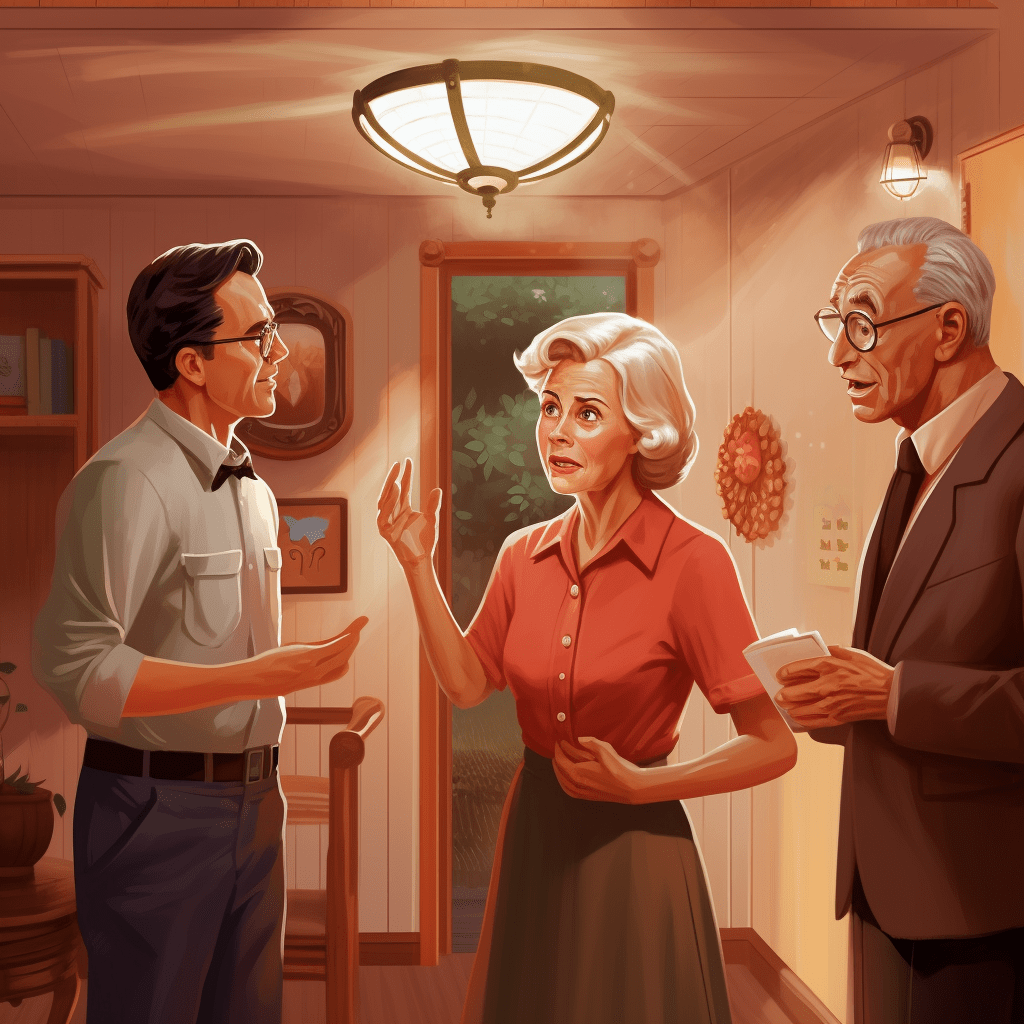Falls are a serious concern for seniors, as they can lead to injuries and a loss of independence. However, starting a conversation about fall prevention with your loved one can be challenging. This guide offers tips on how to approach the topic in a sensitive and effective way, so that you can help your senior loved one stay safe and healthy.

Understand the Risks and Consequences of Falls.
Before starting the conversation about fall prevention with your elderly loved one, it’s important to understand the risks and consequences of falls. Falls can lead to serious injuries such as broken bones, head trauma, and even death. They can also result in a loss of independence and a decreased quality of life. By understanding these risks and consequences, you can approach the conversation with empathy and a sense of urgency.
Choose the Right Time and Place to Talk.
When it comes to discussing fall prevention with your elderly loved one, timing and location are key. Choose a time when your loved one is relaxed and receptive to conversation, such as after a meal or during a favorite activity. Avoid bringing up the topic during a stressful or busy time, such as when they are getting ready for an appointment or dealing with a health issue. Additionally, choose a quiet and comfortable location where you can have a private conversation without distractions. This will help your loved one feel more comfortable and open to discussing the topic.
Use Empathy and Active Listening.
When discussing fall prevention with your elderly loved one, it’s important to approach the conversation with empathy and active listening. This means taking the time to understand their perspective and concerns, and acknowledging their feelings. Avoid being dismissive or judgmental, and instead focus on listening and validating their experiences. By showing empathy and active listening, you can help your loved one feel heard and understood, which can make them more receptive to your suggestions and advice.
Offer Practical Solutions and Support.
Once you have listened to your loved one’s concerns and fears, it’s important to offer practical solutions and support. This can include suggesting modifications to their home, such as installing grab bars or removing tripping hazards, or encouraging them to participate in exercise programs that can improve balance and strength. You can also offer to accompany them to doctor’s appointments or help them find resources in their community, such as fall prevention classes or support groups. By offering practical solutions and support, you can help your loved one feel empowered and motivated to take steps to prevent falls.














Leave a comment (all fields required)